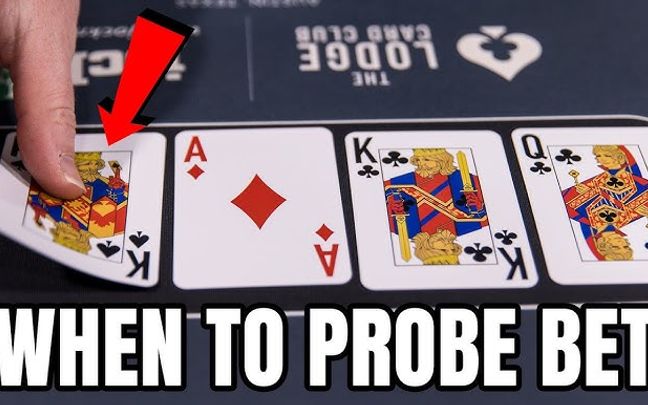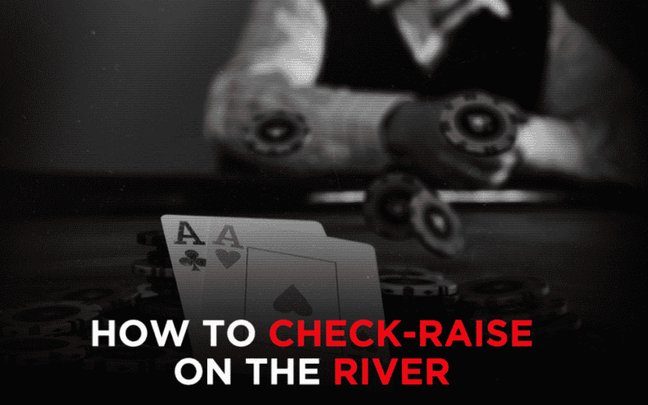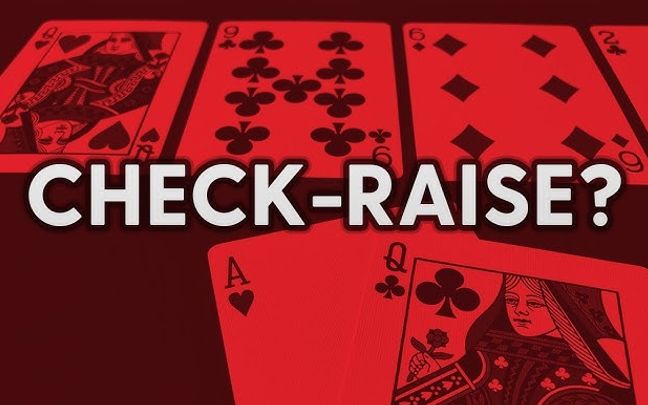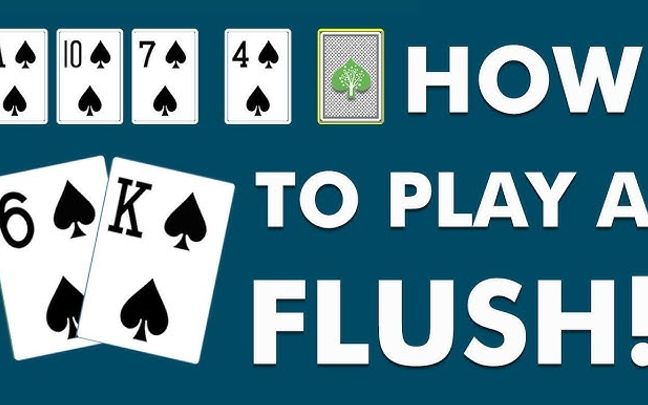Donk-betting on the flop is an unconventional move in poker but can yield surprising results if used correctly. Although it is often seen as a sign of a weak player, donk-betting can actually become a sophisticated strategy to put pressure on opponents and control the game.
In this article, we will explore the pros and cons of donk-betting on the flop, as well as the situations where this strategy should and shouldn’t be applied.

Donk-betting on the flop can surprise opponents and throw them off balance.
What is Donk-Betting on the Flop?
Donk-betting on the flop refers to the action of a player making a bet who was not the aggressor in the previous betting round, after the flop is dealt. This action is considered unconventional or "strange" because it goes against the common flow of the game.
Specifically:
-
Player A is the one who raised preflop.
-
Player B calls and both players see the flop.
-
When the flop is dealt, Player B acts first and bets immediately, even though they were not the one who took the initiative in the previous round. This action by Player B is called a donk-bet.
Why is it Called a "Donk-Bet"?
The term "donk" in poker comes from "donkey," a nickname often used to describe less skilled players or those who make irrational moves. Initially, donk-betting on the flop was considered unwise because the player did not continue with the pre-flop aggressor’s line of action. However, in practice, donk-betting on the flop can be a deliberate strategy to confuse opponents, gather information, or control the pot.
When Should You Use Donk-Betting on the Flop?
Although initially seen as a weak move, donk-betting on the flop is now used as a sophisticated strategy in certain situations:
-
Exploit Imbalance: If you believe your opponent will not respond strongly to a donk-bet on the flop, you can use it to gain an advantage.
-
Control the Pot: Donk-betting can be used to keep the pot small if you have a marginal hand and do not want the opponent to build the pot too much.
-
Gather Information: Donk-betting on the flop can help you gauge the strength of your opponent’s hand if they respond with a raise or just call.
-
Create an Image: If you want to build a difficult-to-read image, donk-betting on the flop can be an effective tool.
In summary, donk-betting on the flop is an unconventional but effective strategy when used strategically in certain situations.

Donk-betting on the flop helps control the size of the pot from the start.
Pros and Cons of Donk-Betting on the Flop
Donk-betting on the flop is an uncommon strategy with both advantages and disadvantages that you need to carefully consider before using it. This action can create significant winning opportunities if applied correctly, but it also carries high risks if not executed skillfully.
Advantages of Donk-Betting on the Flop
Surprise Your Opponent
One of the biggest advantages of donk-betting on the flop is its ability to catch your opponent off guard. When opponents expect you to check and let them control the betting round, a donk-bet can disrupt their plans. This surprise forces opponents to reassess the situation and can lead them to make mistakes.
Control the Pot
Donk-betting on the flop can help you control the size of the pot. If you have a strong but not exceptional hand, you can use a donk-bet to avoid your opponent making a large bet that forces you to call or fold. By doing this, you keep the pot manageable and avoid taking on excessive risk.
Mislead Opponents About Hand Strength
Donk-betting on the flop can make opponents believe that you have a stronger hand than you actually do. If opponents think you only bet with strong hands, they might fold medium or weak hands, allowing you to win the pot without having the best hand.
Gather Information
Donk-betting can also be a tool for gathering information about your opponent's hand. If your opponent responds to the donk-bet with a raise, you can infer that they have a very strong hand. Conversely, if they just call or fold, you can gauge that their hand may not be very strong.
Show Initiative
Donk-betting on the flop allows you to take an active role in the hand, even if you were not the preflop aggressor. Taking control of the hand can put pressure on your opponent, forcing them to react rather than leading the hand themselves.
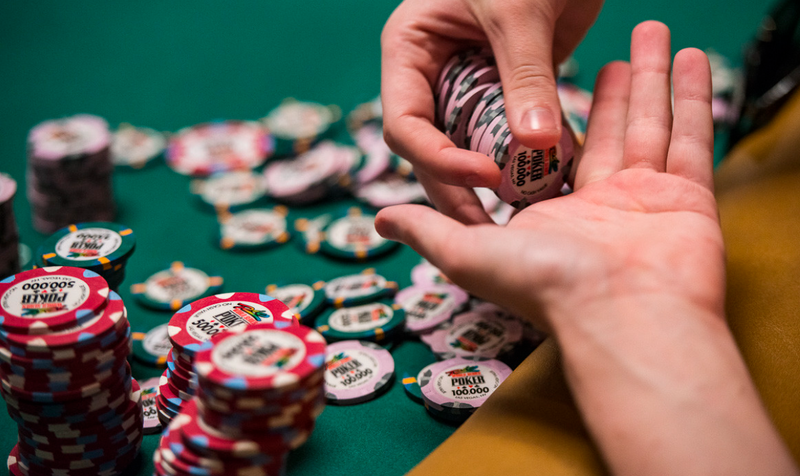
Donk-betting on the flop can be used to bluff opponents.
Disadvantages of Donk-Betting on the Flop
Revealing Information About Your Hand
One major drawback of donk-betting on the flop is that it can reveal information about your hand. Opponents may recognize that you only donk-bet with medium or weak hands, which could lead them to exploit this by raising and forcing you to fold.
Losing Control in Later Rounds
When you donk-bet and your opponent calls or raises, you may lose control in the subsequent betting rounds (turn and river). This can be particularly dangerous if your opponent is skilled at leveraging their position and applying pressure.
Creating a Larger Pot Unnecessarily
If your opponent calls or raises, donk-betting on the flop can create a larger pot than desired. This is especially risky if you have a mediocre hand, as you could be drawn into a larger pot with a lower chance of winning.
Being Exploited by Opponents
Savvy opponents might recognize your donk-bet pattern and adjust their strategy to exploit it. They might start raising every time you donk-bet, forcing you to constantly face difficult decisions, or they might call to control the hand in later rounds.
Losing the Opportunity for Effective Bluffing
When you donk-bet on the flop, you often commit yourself to having a stronger hand. This can reduce your ability to bluff in later rounds, as opponents may believe you have no reason to bluff if you took the initiative early on.
Missing Out on Value from Opponents
If you have a very strong hand, donk-betting on the flop may cause opponents to become cautious and fold rather than calling. This means you miss the opportunity to extract additional value from opponents who might have continued but not raised.
In summary, donk-betting on the flop is a strategy that can be highly effective when used correctly, but it also carries many risks. Using donk-betting requires keen awareness and the ability to read situations well, as well as understanding how opponents might react.

Donk-betting on the flop requires careful consideration of strategy.
When applied carefully and strategically, donk-betting on the flop can give you an edge at the poker table. However, if used improperly, it can lead to losing control of the hand and causing harm to your game.


